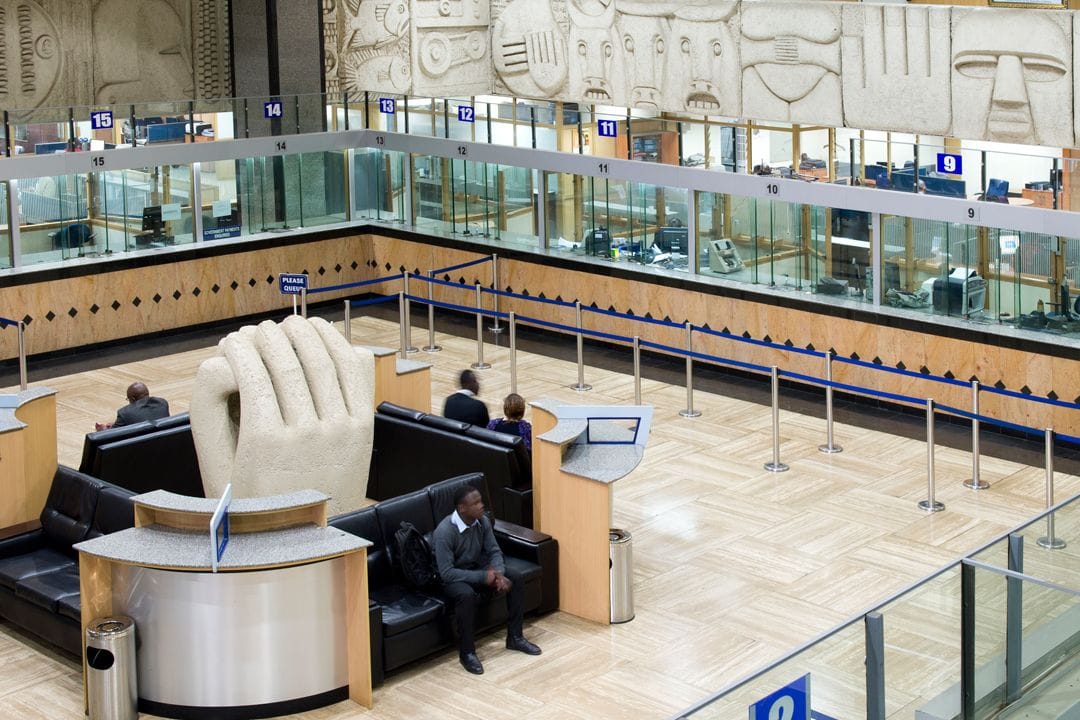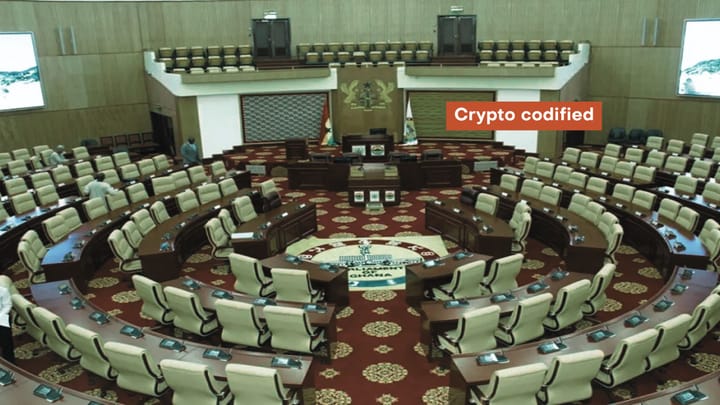31% of Kenyan banks are warming up to crypto — CBK
According to the CBK, banks highlighted that crypto and NFTs offer alternative avenues for payments and investments, with the potential to boost transaction speed and lower costs.

A new survey by the Central Bank of Kenya (CBK) has revealed that over 30% of commercial and microfinance banks in Kenya are ready to explore virtual assets, including cryptocurrencies and NFTs.
The details
- According to CBK’s 2024 Innovation Survey, 31% of commercial and microfinance banks said they are “highly likely” to engage in activities involving virtual assets.
- Banks noted that crypto and NFTs offer new avenues for investment and payments, promising faster transactions and lower costs.
- However, many also flagged risks around money laundering, terrorism financing, fraud, cybersecurity, and the volatile nature of crypto markets.
- A significant 35% of institutions said the lack of clear regulation is a major barrier to digital innovation, not just for crypto, but also in areas like digital lending, open banking, and blockchain use cases.
Zoom in
- Internally, 84% of banks and 79% of microfinance banks identified changing customer behavior as the most influential factor shaping their innovation roadmaps.
- Externally, the biggest motivators were the rise of new technologies (79%) and mounting regulatory and compliance demands (74%).
- The competitive landscape, interestingly, was seen as less of a factor — only 32% of banks and 43% of microfinance banks cited it as a top driver for innovation.
Zoom out
- Kenya is one of the leading African countries for cryptocurrency adoption and usage. However, the absence of precise regulation poses risks.
- In March 2024, the FATF added Kenya to its grey list, citing crypto-related money laundering concerns.
- The government is now actively working to formalize the crypto sector through the proposed Virtual Asset Service Providers Bill, 2025.
- The bill would require crypto firms to set up local offices, appoint directors, and register with a regulatory body like the Capital Markets Authority (CMA).



